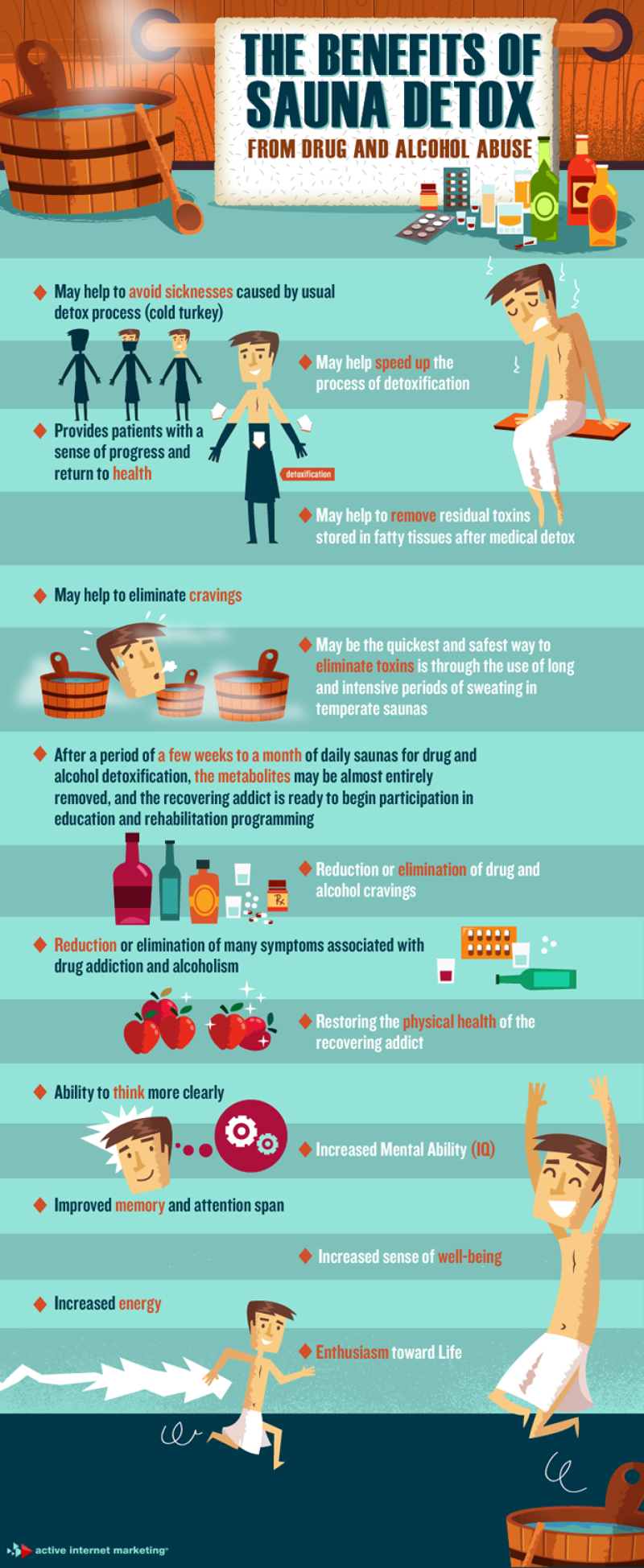Why Aftercare In Drug Rehabilitation Is Critical For Long-Lasting Recuperation. Learn Exactly How Support Systems Can Aid You Remain Sober And Construct A Satisfying Life
Why Aftercare In Drug Rehabilitation Is Critical For Long-Lasting Recuperation. Learn Exactly How Support Systems Can Aid You Remain Sober And Construct A Satisfying Life
Blog Article
Author-Carrillo Butcher
You can't do it alone. Recuperation from drug dependency calls for a strong support system.
The value of aftercare in drug rehab can not be overemphasized. In this post, we will explore the function of therapy, the benefits of therapy, and the foundation supplied by peer support groups in maintaining soberness.
So, get hold of a cup of coffee, relax, and allow us lead you with the crucial steps of post-rehabilitation assistance.
The Role of Counseling in Aftercare
If you wish to maintain your sobriety after leaving rehab, it's vital that you proceed participating in therapy sessions as part of your aftercare plan.
Therapy plays a crucial role in your healing trip by supplying continuous support, guidance, and a secure space to express your feelings and worries.
With counseling, you can address any type of underlying issues that may have added to your addiction, create dealing strategies, and find out much healthier methods to take care of anxiety and cravings.
It allows you to overcome any type of unsettled feelings and establish a much better understanding of yourself and your triggers.
The Advantages of Therapy in Keeping Sobriety
To preserve your sobriety, treatment can supply various advantages.
- Therapy offers a risk-free space for you to discover and resolve the underlying issues that might have contributed to your addiction.
- It permits you to work through your feelings and create healthier means of dealing with stress and anxiety and triggers.
- Through therapy, you can get a better understanding of yourself and your patterns of actions, which can assist you make favorable changes in your life.
- Additionally, therapy gives you with a support group of experts that are educated to lead and assist you on your journey to recovery.
- They can supply beneficial understandings, devices, and strategies to assist you browse the obstacles that may emerge.
- In therapy, you can discover to create healthy and balanced coping skills, build strength, and boost your total health.
Peer Support Groups: A Foundation for Lasting Recovery
You can locate lasting healing by proactively participating in peer support system and getting in touch with others that share comparable experiences and objectives.
Peer support groups offer a secure and non-judgmental room where individuals in recuperation can integrate to share their struggles, successes, and understandings. By actively participating in these teams, you can receive the support and motivation you require to remain on the path of recovery.
Getting in touch with others who have actually experienced similar experiences can be extremely encouraging, as it assists you recognize that you aren't alone in your trip. It also allows you to pick up from others who have actually efficiently overcome similar challenges. With each other, you can celebrate landmarks, hold each other responsible, and offer assistance and recommendations.
Through these links, you can construct a solid support group that will certainly help you navigate the ups and downs of recovery and inevitably locate enduring healing and change.
Verdict
You have actually found out about the vital function of aftercare in drug rehabilitation. http://paola96veronika.jigsy.com/entries/general/Uncovering-Relief-Uncovering-The-Advantages-Of-A-Substance-Abuse-Recovery-Center , treatment, and peer support groups contribute to lasting recovery. Right here's a staggering statistic to realize the magnitude of the concern: studies reveal that people that get aftercare treatment are 50% more probable to maintain sobriety contrasted to those that do not.
So, visualize the transformative power of these support systems in aiding people redeem their lives and construct a brighter, drug-free future.
